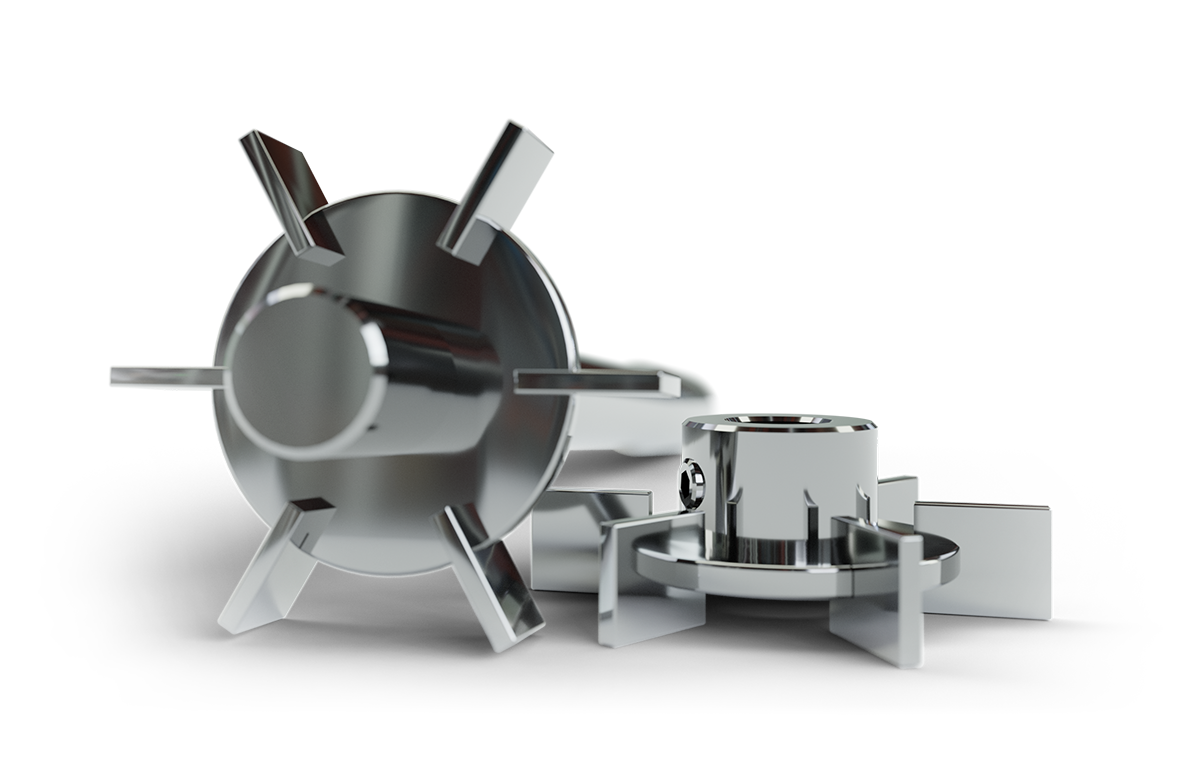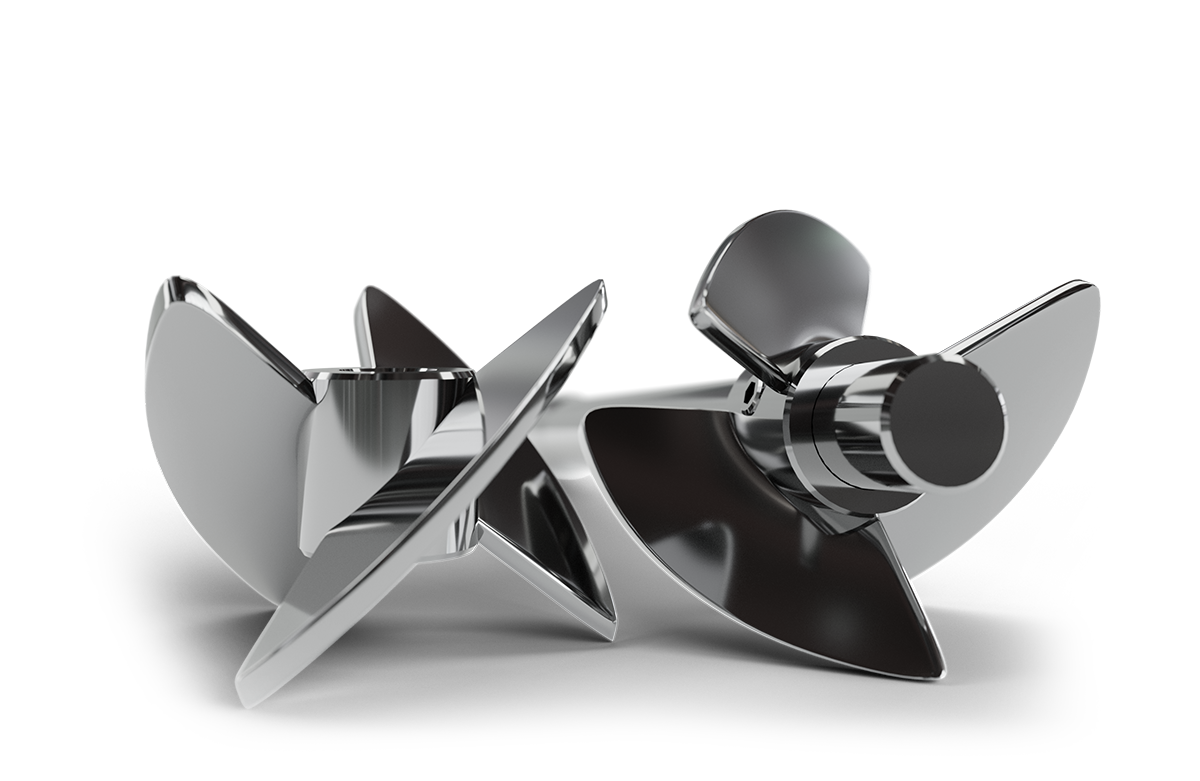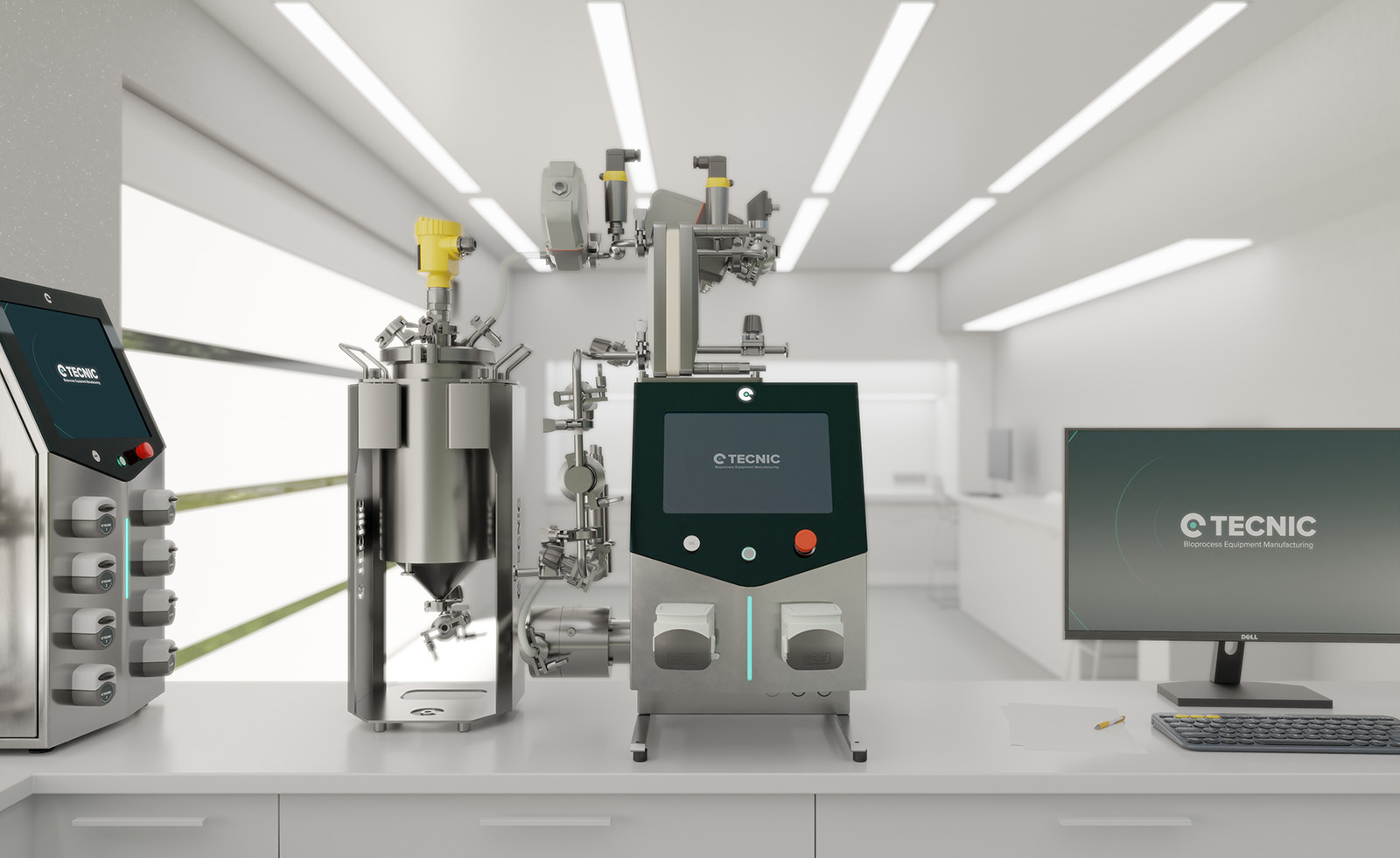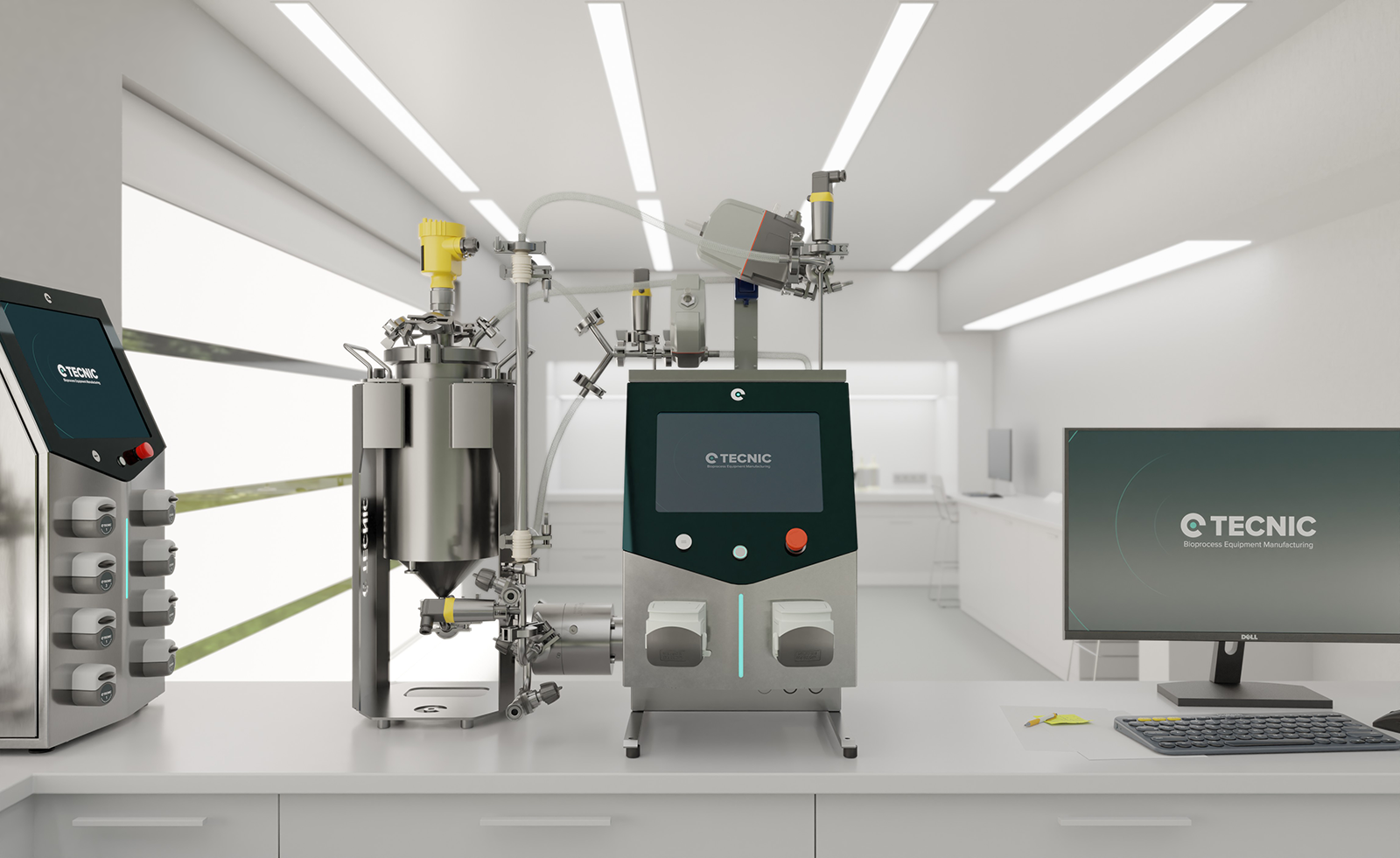Gene therapy and advances in the treatment of genetic diseases
Next-generation cell and gene therapies (CGTs) are offering unprecedented curative value for patients facing limited therapeutic options within specific medical conditions. In this context, gene therapy stands out as one of the most promising within biotechnology, transforming how certain genetic disease are treated and potentially cured. Projections indicate an estimated global Compound Annual Growth Rate (CAGR) of 39.42% between 2022 and 2030, underscoring the accelerating pace and immense potential within this transformative domain.
The fundamentals of Gene Therapy are that viral vectors (such as adenoviruses, lentiviruses, and retroviruses) or liposomes are effective delivery systems of genetic material that can be strategically designed (for example, using Crispr Cas9) to deliver engineered genes or modified RNA molecules to specific cells of the patient. This technology has a wide range of potential applications, such as the treatment of inherited conditions, hereditary genetic disease and genetic disorders, cancer and even some infectious diseases, as it can be possible to modify, reconstruct or switch off a deleterious gene variant, thereby furnishing the cells with precise instructions to produce the beneficial proteins crucial for combating some specific diseases.
TECNIC scalable technology portfolio is ideally suited for upstream production and posterior downstream purification of the viral vectors needed. We allow end-to-end processing of virus batches at the lab, pilot and industrial scales, from Research and Lab to Pilot and Pharmaceutical Industrial Production.
What is gene therapy?
According to Food and Drug Administration (FDA), gene therapy is defined as “products that mediate their effects by transcription and/or translation of transferred genetic material and/or by integrating into the host genome and that are administered as nucleic acids, viruses, or genetically engineered microorganisms”. Owing to their precise nature, this biotechnology is specifically designed to correct the root genetic cause of a given disease.
It has become one of the most rapidly evolving and promising fields in regenerative medicine, with diverse applications such as gene therapy cancer. Its scope extends to the treatment of hereditary genetic disorders, cancer and infectious diseases, showcasing immense potential for transformative medical interventions. The central methodology in gene therapy revolves around leveraging a viral vector to introduce a gene directly into the patient's cells (in vivo) or indirectly by transducing cells before their infusion into the patient (ex vivo). The objective is to either reconstitute or modify a deleterious gene variant, turn off defective genes, or introduce new genes to cure and treat diseases caused by gene alteration, paving the way for precise and targeted biotherapeutic outcomes.
The advantage of this personalized medicine is that it ensures the delivery of “the right therapy at the right dose and time", taking into account individual responses to medication and their genetic conditions. Unlike traditional medications, which often require frequent administration and focus on managing symptoms and disease progression, gene therapy aims to address the non-functioning gene and provide a long-term treatment benefit with potentially just one dose by targeting the underlying cause of the genetic disease.
Depending on the types of cells that are treated, there are two different types of gene therapy:
Challenges in therapy gene
Recognizing the potential advanced therapies present to treat a diverse range of genetic inherited diseases, there is a pressing need to address the escalating demand for gene therapies. From a biotech perspective, delivering the therapeutic gene to the exact location, switching it on and avoiding the immune response is already a challenge. Nevertheless, the manufacturing process of these genetic therapies is also confronted with immediate and long-term challenges and figuring out how to make these types of therapies scalable, less time-consuming and cost-effective is still an ongoing hurdle that is yet to be overcome.
Advanced Bioreactors
Viral vector production employs complex processes that result in varying challenges throughout the product life cycle. In response to these challenges, TECNIC has developed automatic bioprocess equipment for both upstream and downstream development. We understand that, unlike traditional biotech manufacture (like mAbs and other biologics), the production and processing of these therapies require that the cellular material retain critical quality attributes (CQAs) throughout the entire process.
Therefore, if the linchpin of every gene therapy is the vector, companies ought to secure reliable vector production for its manufacturing. For that reason, TECNIC eLAB, ePILOT and ePROD bioreactors ⇀ are designed to ensure high-quality and reproducible results to overcome the previously mentioned challenges. We offer the best bioprocess solution for gene therapies, as our equipment is meticulously designed to provide precise control over environmental parameters, optimizing cellular conditions for maximal yield while minimizing resources and time utilization.
Furthermore, our equipment is designed with an automatic unit control system that includes integrated data analytics systems, which enables you to fine-tune the culture conditions to develop a smooth bioprocess performance in order to scale up your manufacturing bioprocess. Moreover, TECNIC's inherent scalability and adaptability of our equipment ensure a successful scale-up process with an automatic control system and proper aeration and agitation systems. Whether you are engaged in pioneering research or driving industrial-scale production, enable us to meet your end demand.
Tangential Flow Filtration in gene therapy
Most of the research and development bioprocesses of cell and gene therapies (CGTs) have focused on the intensification of the upstream process. While R&D should continue focusing on improving cell density and other cellular expansion needs, the manufacturing bottleneck is inevitably leaning towards downstream processing. In order to address this need with high specificity and high throughput, our eLAB TFF ⇀, eLAB TFF SU ⇀, ePILOT TFF ⇀ and ePROD TFF ⇀ offer a solution that can be scaled, automated, fully contained and amenable to process development activities. Whether you are engaged in pioneering research or driving industrial-scale production, enable us to meet your end demand to develop your cell therapy projects.
To ensure that advances in upstream processing are maximized, TECNIC equipment also ensures effective downstream process development for volume reduction, virus harvest and multiple purification and buffer exchange steps. At the same time, the automation of our equipment recipes significantly minimizes the need for manual adjustments, enhancing user performance and reducing labor costs. Furthermore, we enable you to have high protein clearance and high recovery of viable cells with minimal impact on their viability. Offering reliable filtration solutions coupled with high flow rates and high solute retention, our advanced features are engineered for optimal downstream processing of vectors. Additionally, our advanced automatic systems deliver a user-friendly experience across various operational scales, ensuring a seamless and consistent outcome.
Success stories and applications
Given the complexity of the bioprocess, it comes as no surprise that the notoriously expensive cost of these biotherapies. At TECNIC, we want to help our clients make gene therapy more scalable and, therefore, more accessible to patients. As with any new technology, the cost has come down over time with the best innovation, and, while we cannot provide specific details due to confidentiality, there have been numerous instances where TECNIC's equipment has significantly enhanced the production of these therapies.
For example, one of our clients is a biotech company that is currently studying the use of CRISPR CAS 9 for exon skipping therapy for Duchenne muscular dystrophy. By “skipping” some genetic code sections of the DNA with Crisp Cas technology, they can lessen the severe muscular weakness of this particular health condition. For that In vivo edit, they are using viral vectors manufactured with our fully automatic bioreactor, eLAB Advance and, thanks to its versatile configuration, they can adapt the culture according to the needs of every trial. Up to this point, our bioreactor has empowered them to develop with high precision and control a large range of different trials, enabling them to fine-tune their culture conditions using an automatic control unit with full control over crucial parameters for their studies.
Explore our complete range of equipment
Explore the forefront biothecnology of next-generation cell and gene therapies (CGTs) with TECNIC's equipment. Our bioreactors are designed for diverse applications, ensuring efficiency and quality. Discover our full range of biotechnology solutions, including Bioreactors, Tangential Flow Filtration systems, and more. Visit our pages for Bioreactors ⇀, Tangential Flow Filtration ⇀, and Contact ⇀ for further information and inquiries.






